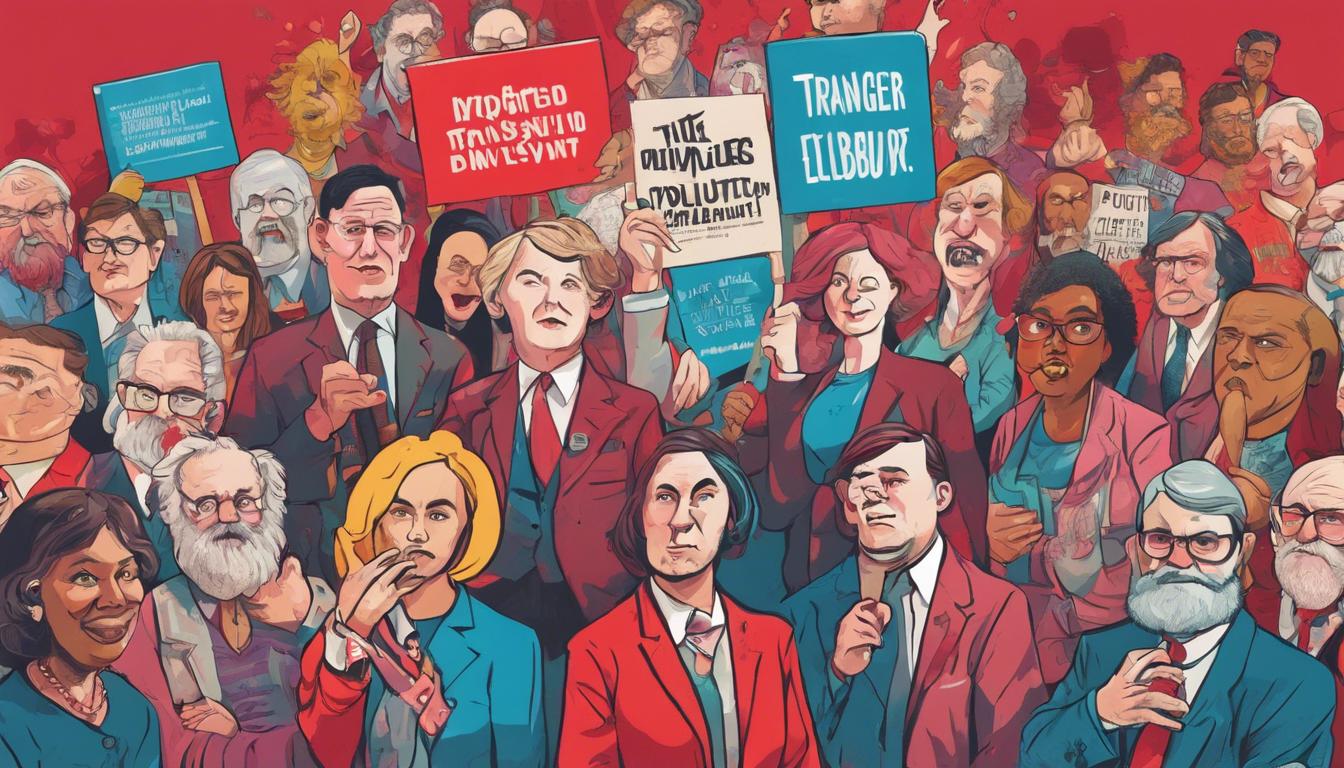In light of the Cass Review’s criticisms, Labour Party members, including Shadow Health Secretary Wes Streeting and MP Louise Haigh, have shifted their views on transgender rights, aiming to foster more inclusive discussions within the party.
Labour Party members in the UK have recently adjusted their positions on transgender rights and gender identity issues following the publication of the Cass Review. Shadow Health Secretary Wes Streeting admitted to reconsidering his previous statements on trans rights, aligning with Labour MP Louise Haigh who emphasized creating a more inclusive space for gender-critical perspectives within the party.
The Cass Review, led by Dr. Hilary Cass, criticized current gender care practices for children, particularly highlighting the insufficient research surrounding puberty blockers and the need for these services to adhere to NHS standards. In response, UK Health Secretary Victoria Atkins supported a temporary halt on hormone prescriptions for individuals under 18 and advocated for a review of these medical protocols to prioritize evidence-based and safety considerations.
Significant reactions have come from various quarters within politics and the public. Health Secretary Atkins accused the Labour Party of maintaining a decade-long silence over women’s concerns about transgender issues. Labour MP Rosie Duffield voiced criticism against male leadership within her party for purportedly downplaying women’s apprehensions regarding trans ideologies. Labour leader Keir Starmer modified his definition of a woman in political discourse, aligning more closely with traditional gender categorizations.
This shift within the Labour Party has ignited a broad spectrum of responses, ranging from critique by the progressive group Momentum to acknowledgments from Conservative figures like Boris Johnson, who praised author J.K. Rowling for her stance on gender issues.
The debate continues to be charged with strong opinions on either side, reflecting a complex dialogue about gender, medical ethics, and political ideology in the UK.













